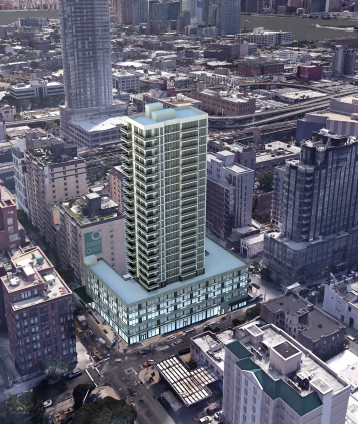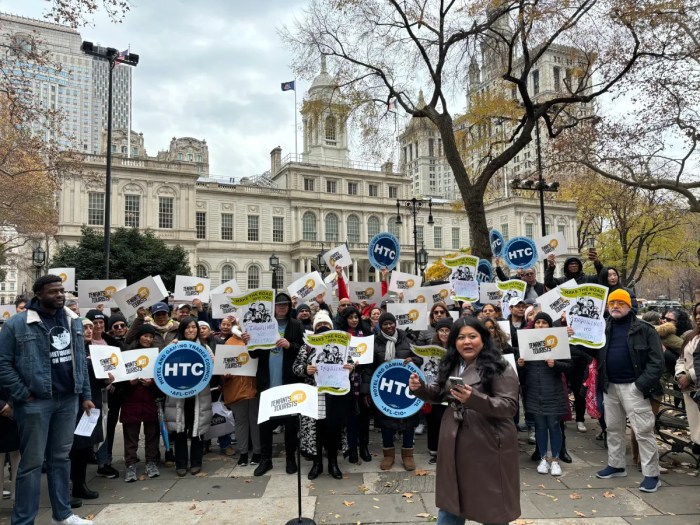By Sarina Trangle
Although Maspeth’s Industrial Business Zone boasts 592 acres, a few small developments on the horizon could threaten its stability.
Knockdown Center, an arts facility, intends to permanently open at 52-19 Flushing Ave. and serve liquor while entertaining crowds of up to 5,000.
Near the southern tip of the IBZ in Ridgewood, a property owner proposes to rezone a roughly two block area and build two residences, one with medical and commercial facilities.
The strip, bounded by Starr Street and Flushing, Onderdonk and Woodward avenues, was taken out of the IBZ in 2013 because it was surrounded mostly by residential uses.
IBZs, an initiative developed in 2006 to prevent manufacturing businesses from getting priced out of the city, offer companies tax incentives to move to the zones and come with the city’s pledge not to rezone those areas.
But many IBZs, such as Maspeth’s, are in zoning districts that permit developments not often associated with manufacturing, such as truck terminals, storage facilities, private clubs, fraternal organizations, lodge halls and offices.
One or two high-profile projects like the Knockdown Center may be enough to tip the balance of an IBZ, according to Adam Friedman, executive director of the Pratt Center for Community Development, an organization that promotes equitable and sustainable development.
“Something like that is extremely visible, so the perception that the neighborhood is already changing is very quickly out there,” he said. “Property owners see, ‘Oh, here’s a more profitable use,’ and they start to increase rents … on the manufacturing side, they think their time is limited. They stop investing in their workforce, their equipment, their training.”
Both of the IBZ’s proposed non-industrial neighbors have been described as marketable to hipsters.
Maspeth residents derided the Knockdown Center as a haven for the young and affluent flocking to north Brooklyn. And the rezoning application submitted to the Department of City Planning describes Ridgewood as part of the Bushwick catchment area that “has become a new destination for the artist/hipster demographic in their search for affordable housing.”
While running for office, Mayor Bill de Blasio put out a policy paper suggesting that the city curtail non-industrial uses in IBZs.
His report noted that more than 100,000 manufacturing jobs, which typically pay more than retail and food service positions, have left the city since 2000.
Kate Blumm, a spokeswoman for the city Economic Development Corp., said it is working with City Hall to “take a fresh look at the suite of programs that support this critical part of the city economy, building on successful programs while developing new ideas.”
The mayor’s budget proposal currently does not allocate funding for IBZs, but Friedman and area politicians said they believe the financing will be restored before the fiscal plan is passed.



































